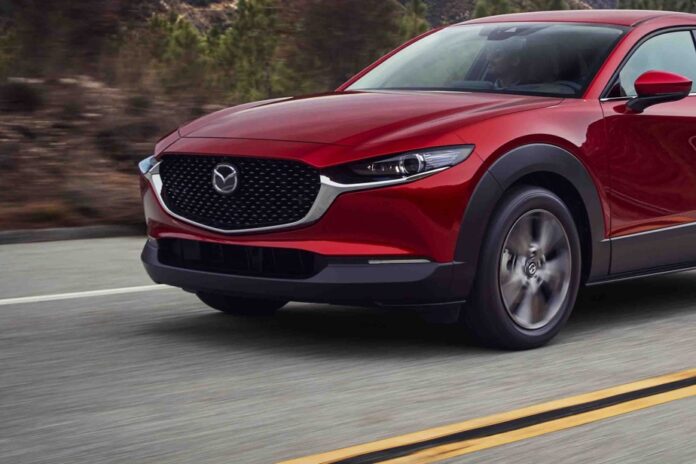Failing to offer a hybrid engine, Mazda offers supercharged mechanics aboard the CX-30. This is only offered on the GT version, the most expensive in the range. That said, the 2.5L engine offered on the GS version is more than enough to compete with the Corolla Cross. Compared to the latter, the CX-30 offers a more rewarding presentation and more dynamic behavior (in all seasons). On the other hand, the Toyota offers more interior space (cabin and trunk) and a much better consumption rating. Additionally, the Corolla Cross doesn’t mind pulling a load.
Mitsubishi’s proposal does not lack originality, but it lacks refinement. Indeed, under the atypical bodywork of this model lies a robust and reliable, but aged, architecture… And this is felt when driving. The Eclipse Cross also offers uninspired driving dynamics. Its 1.5L supercharged engine is promising, but doesn’t fully meet performance and fuel economy expectations compared to its Toyota rival. Too bad, a plug-in hybrid version (PHEV) exists, but is not offered on our market. In return, the Eclipse Cross takes its revenge by offering a more generous warranty and more efficient all-wheel drive than those of the Toyota. The Mitsubishi also does very well in terms of interior volume.
Recently redesigned, the Crosstrek offers, at no cost, one of the most efficient four-wheel drive systems on the market, at a lower price than the Corolla Cross. For now, the Crosstrek no longer offers a plug-in hybrid version. In all honesty, this one was hardly interesting, it must be remembered. Therefore, the Toyota consumes fuel more efficiently, costs less to maintain and gives us more living and utility space.















